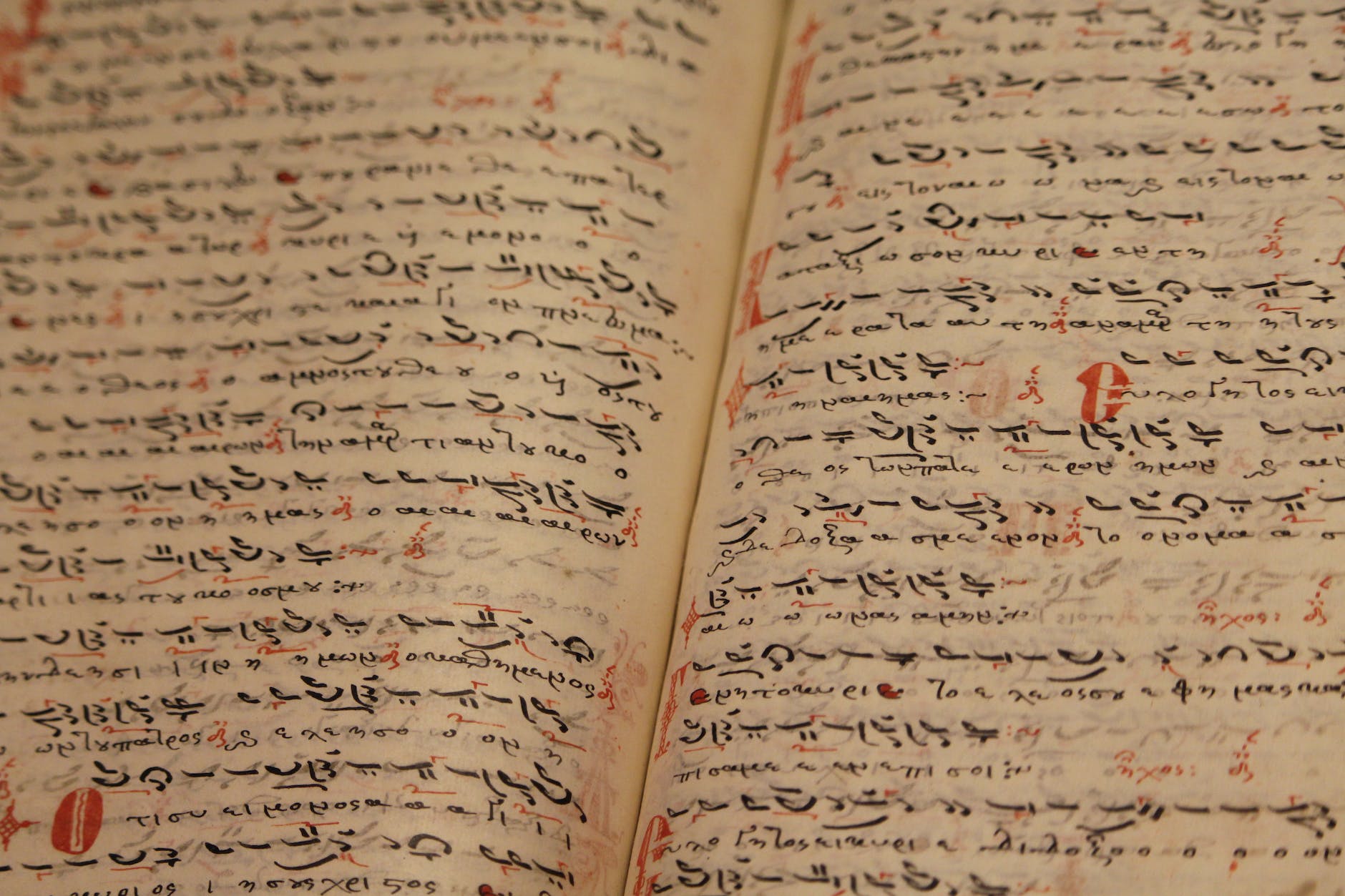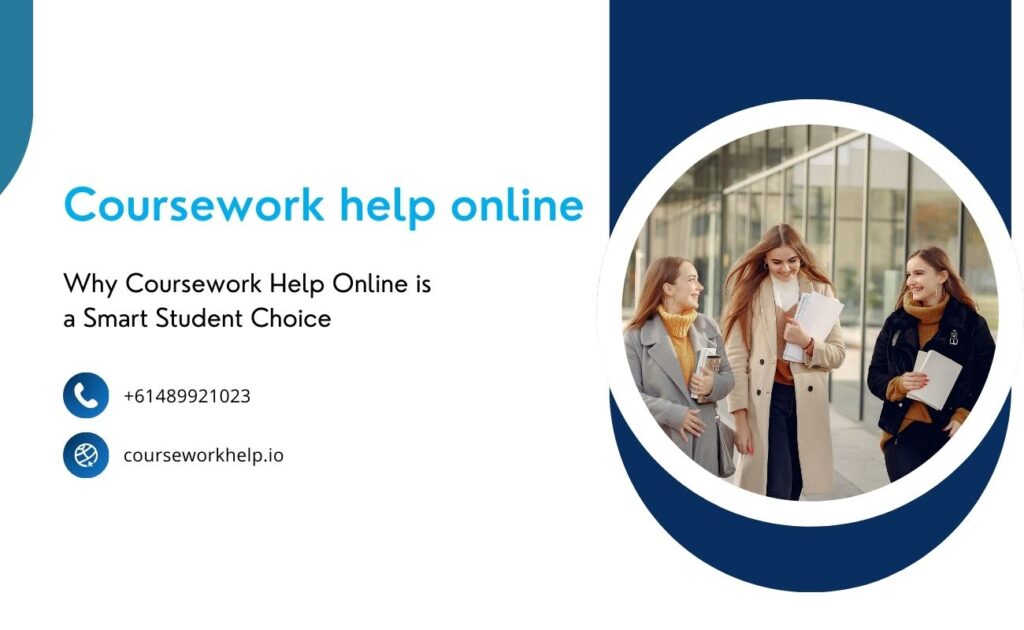The history of education is as old as human civilization itself. It is a fascinating subject that illuminates how societies have evolved over time. The concept of education has undergone significant changes throughout history, reflecting the changing needs, aspirations, and values of societies across different eras. The history of education provides significant insights into the development of human societies, the evolution of cultures, and the progression of human knowledge and wisdom.
In the broadest sense, education can be traced back to prehistoric times when our ancestors learned basic survival skills, such as hunting and gathering food, making tools, and building shelters. However, the formal system of education as we understand it today has its roots in ancient civilizations. Although the methods, contents, and purposes of education varied greatly across different societies and eras, the fundamental objective of imparting knowledge and skills, and fostering personal growth and societal development, has always been central to the idea of education.
This article will take you on a journey tracing the history of education from the ancient era to the modern digital age. Along the way, we will explore the evolution of teaching methods, the development of educational institutions, and the changing paradigms of learning. We will also look at how historical events and societal changes shaped education over time and how education, in turn, influenced the course of human history.

The Ancient Era: The Beginning of Formal Education
The ancient era marked the beginning of formal education. In ancient civilizations, such as those in Egypt, Greece, China, and India, education was predominantly a privilege of the elite. The primary purpose was to train future leaders and priests, and the focus was on subjects like writing, arithmetic, music, history, and religion. However, the methods and philosophies of education varied greatly across different civilizations.
In ancient Egypt, for example, education was primarily vocational, with children learning trades from their parents. The elite received a more formal education, typically from priests, focusing on reading, writing, arithmetic, and religious instruction. In ancient Greece, education was more comprehensive and holistic, encompassing physical, intellectual, and moral development. The Greek education system had a profound influence on Western civilization, introducing the concept of liberal education and the Socratic method of teaching.
In ancient China, education was deeply rooted in Confucian philosophy, emphasizing moral education, respect for authority, and social harmony. In ancient India, education was based on the Gurukula system, where students lived with their teacher or guru and received holistic education encompassing intellectual, spiritual, and physical development.
The Medieval Period: The Rise of Universities
The Medieval period, spanning from the 5th to the 15th century, witnessed significant developments in the history of education, particularly with the rise of universities. The concept of a university as a distinct institution for higher learning originated in Europe during this period. Initially, universities were primarily religious institutions, providing education for clergy and religious scholars. However, over time, they evolved to become centers of intellectual pursuit and scholarly exchange, offering a wide range of subjects and attracting students from far and wide.
The first universities in Europe, such as the University of Bologna in Italy and the University of Paris in France, were established in the 11th and 12th centuries. These universities set the model for the modern university system, with a structured curriculum, degrees, faculties, and exams. The curriculum was based on the liberal arts, including the trivium (grammar, rhetoric, and logic) and the quadrivium (arithmetic, geometry, music, and astronomy).
The Medieval period also saw the rise of the Scholastic method of teaching, which emphasized logical reasoning and critical examination of texts. This method laid the foundation for scientific inquiry and academic scholarship, which are integral to modern education.
The Renaissance: The Rebirth of Learning
The Renaissance, spanning from the 14th to the 17th century, was a period of profound intellectual and cultural revival in Europe. It marked a significant shift in the history of education, leading to a renewed emphasis on humanistic education, individual potential, and critical thinking. The Renaissance education system was heavily influenced by ancient Greek and Roman thought, which were rediscovered and studied extensively during this period.
During the Renaissance, education became more accessible to a broader section of society, including the emerging middle class. This democratization of education was facilitated by the invention of the printing press, which made books more affordable and accessible. The curriculum expanded to include new subjects like science, history, and geography, and teaching methods became more interactive and student-centered.
The Renaissance period also produced many great scholars and thinkers, such as Leonardo da Vinci, Michelangelo, and Galileo, who made significant contributions to various fields of knowledge. Their works and ideas had a profound influence on subsequent generations and continue to inspire learners and educators around the world.
The Enlightenment: The Era of New Ideas
The Enlightenment, spanning from the late 17th to the early 19th century, was a period of intellectual and philosophical transformation in Europe. The Enlightenment thinkers championed reason, evidence, and individual rights and questioned traditional authority and dogma. These new ideas had a significant impact on education, leading to a shift towards a more scientific, secular, and democratic approach to education.
During the Enlightenment, education was seen as a means to cultivate rational, free-thinking individuals capable of making informed decisions and contributing to societal progress. The Enlightenment thinkers advocated for universal education, arguing that all individuals, regardless of their social status, have the right to education. They also promoted the idea of lifelong learning, emphasizing that education should not be confined to formal schooling but should continue throughout life.
The Enlightenment period also saw the development of new teaching methods, such as the heuristic method, which encourages students to discover knowledge through their own efforts. This period laid the groundwork for the modern concept of education as a human right and a key driver of social, economic, and political progress.

The Industrial Revolution and Its Impact on Education
The Industrial Revolution, spanning from the late 18th to the early 19th century, was a period of radical economic and social change brought about by the advent of industrialization. This period had a profound impact on education, leading to significant reforms in the education system to meet the changing needs of the industrial society.
During the Industrial Revolution, the demand for a literate and skilled workforce grew exponentially. This led to the introduction of compulsory education laws, making primary education mandatory for all children. The curriculum was standardized, focusing on basic literacy and numeracy skills and practical subjects like science and technology.
The Industrial Revolution also led to the development of the modern classroom model, with students grouped by age, a fixed timetable, and standardized testing. This model, often criticized for its factory-like approach to education, has dominated the education system for much of the 20th century. However, in recent decades, there has been a growing call for a more flexible, personalized, and holistic approach to education.
The 20th Century: The Democratization of Education
The 20th century marked a significant step in the history of education with the democratization of education. Education became recognized as a fundamental human right, leading to significant efforts to expand access to education and reduce educational disparities.
In the wake of the two World Wars, there was a global recognition of the need for universal education to promote peace, social cohesion, and economic development. International organizations like the United Nations and UNESCO played a crucial role in advocating for the right to education and setting global education standards.
Over the course of the 20th century, the education system expanded at all levels, from primary to tertiary education. The curriculum became more diverse and inclusive, incorporating a wide range of subjects and disciplines and acknowledging the cultural, social, and individual diversity of learners.
The 21st Century: The Rise of Digital Education
The 21st century has seen a dramatic shift in the history of education with the rise of digital education. The advent of digital technologies has revolutionized the way we learn and teach, opening up new possibilities for personalized, interactive, and lifelong learning.
With the internet, learning has become more accessible and flexible than ever before. Online learning platforms, digital textbooks, educational apps, and virtual classrooms have made it possible for anyone, anywhere, to access high-quality education at their own pace and convenience. Digital technologies have also facilitated collaborative learning, enabling learners from different parts of the world to connect, share ideas, and learn from each other.
However, the rise of digital education has also raised new challenges, such as the digital divide, online safety, and the quality and credibility of online education. These challenges need to be addressed to ensure that digital education is inclusive, safe, and effective.
“Education has evolved not as a static entity, but as a living narrative, a testament to humanity’s relentless pursuit of understanding and enlightenment. Each page in its history is not simply a past chapter, but a stepping stone, shaping the future of knowledge and learning.”
The Future of Education: Predictions and Possibilities
Looking ahead, the future of education is full of exciting predictions and possibilities. With the rapid advancements in technology, such as artificial intelligence, virtual reality, and big data, the education landscape is set to transform in ways we can hardly imagine today.
In the future, education is likely to become even more personalized and learner-centered, with technologies enabling tailored learning experiences based on individual learning styles, interests, and needs. The boundaries between formal and informal learning will blur, with learning taking place anytime, anywhere, and in various forms. The role of teachers will evolve from being mere instructors to facilitators and mentors, guiding learners in their learning journey.
However, the future of education also depends on our ability to address the growing educational disparities and ensure that all individuals, regardless of their background, have equal access to quality education. As we navigate the future, we must remember that education is not just about acquiring knowledge and skills but also about fostering human values, critical thinking, creativity, and global citizenship.
How Technology and Innovation are Shaping the Future of Education
Conclusion: Reflections on the History of Education
In conclusion, tracing the history of education offers valuable insights into the evolution of teaching methods, the development of educational institutions, and the changing paradigms of learning. It is a testament to human ingenuity and the relentless pursuit of knowledge and wisdom.
The history of education is also a reflection of the broader societal changes, highlighting the interplay between education and social, economic, and cultural transformations. It underscores the role of education as a crucial driver of human progress and a fundamental human right.
As we look back at the history of education, we must also look forward to the future of education. We have come a long way from the primitive learning experiences of our ancestors to the digital classrooms of today. Yet, the journey is far from over. The challenges and opportunities of the future beckon us to continue to innovate, adapt, and strive for more inclusive, equitable, and effective education for all.
The journey through the history of education is not just an academic exercise but a call to action. It is a reminder of our collective responsibility to ensure that education continues to evolve and serve its purpose of nurturing human potential and advancing societal progress. Let us embrace this responsibility and continue to shape the future of education with wisdom, courage, and compassion.
Innovation at the Forefront: Evaluating the Impact of Technology in Today’s Educational Landscape





